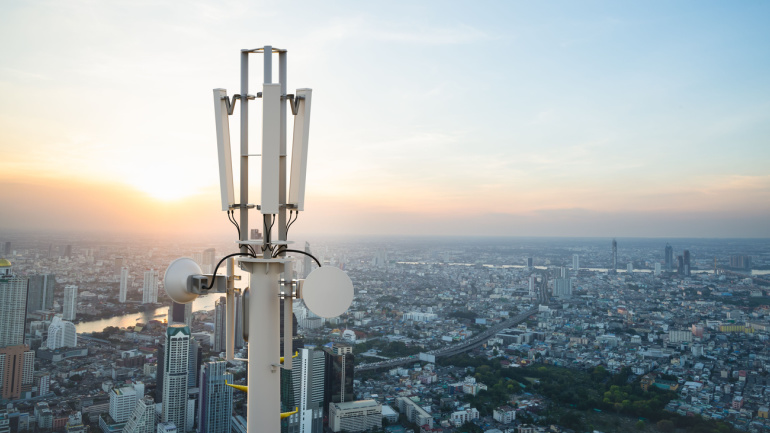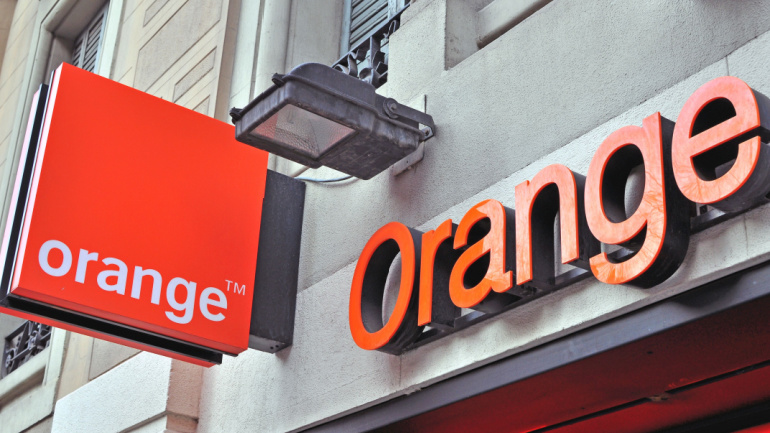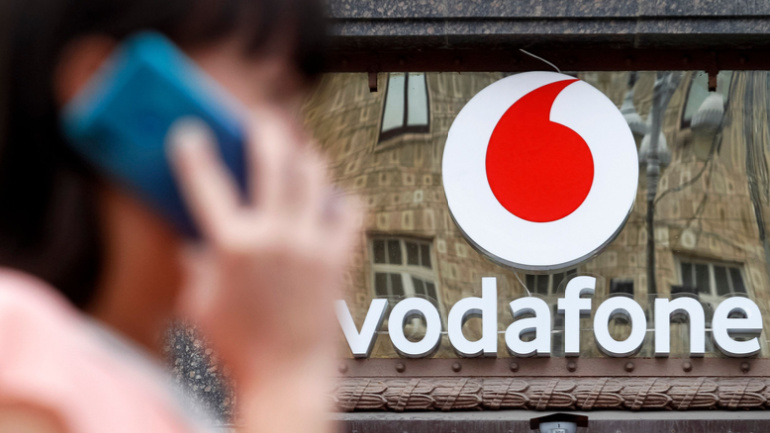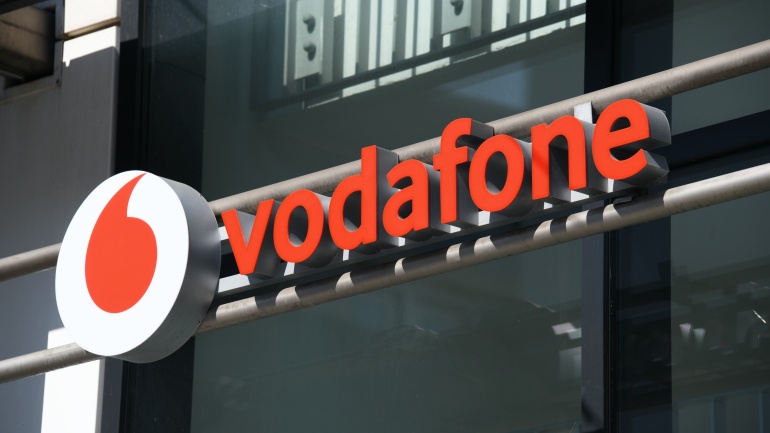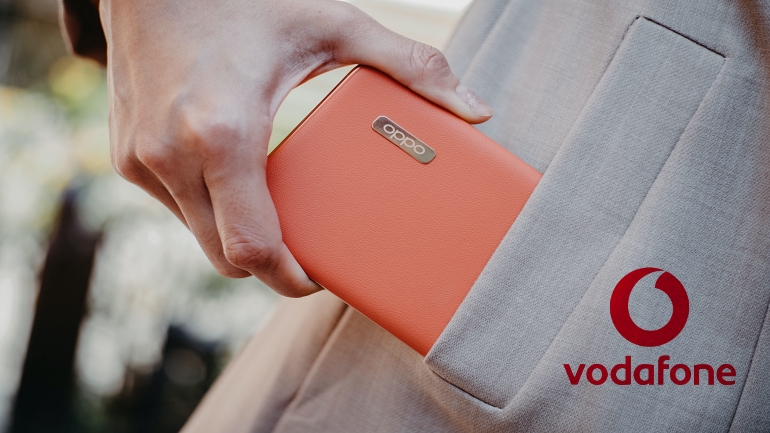The UK’s communications regulator, Ofcom, has finalized plans to auction off mmWave spectrum for mobile services, with an eye on potential effects a pending Vodafone/Three UK merger might have. This move underscores the regulatory body’s diligent efforts to enhance 5G spectrum allocations, allocating citywide licenses to 68 major UK locations. Despite the anticipated delay due to the merger’s evaluation, Ofcom plans to award licenses on a first-come, first-served basis in less densely populated areas, promising a balanced landscape for both telecom giants and early adopters.
Vodafone’s Spanish operations have caught the eyes of Zegona, an investment group primarily focused on European TMT sector investment. While speculative reports suggest a valuation of over €5 billion for the entity, Zegona’s possible stake acquisition might be limited to 50%. Amid fluctuating price estimates, discussions are unfolding, revealing a potentially significant shift in the telecommunications landscape.
Telefónica has reportedly reached out to Vodafone, initiating dialogue for potential collaborations involving their Spanish broadband networks. The proposition offers a range of possibilities such as forming a strategic alliance, a wholesale agreement, or possibly integrating Vodafone’s clientele into Telefónica’s fiber network. This outreach is suspected to be a reaction to Vodafone’s recent strategic review and a potential sale of their Spanish unit.
Spain’s government is pumping €448 million into the upgrade of over 8,000 isolated 5G base stations, an initiative set to stimulate economic and civil activity while bridging the digital divide. Interestingly, the bulk of the funds are being allocated to lesser-known entities, including wholesale and retail fibre providers Lyntia and Avatel. The rollout is part of Spain’s broader mission of delivering ultrafast broadband coverage by 2025, concurrently ramping up public access to high-speed connections. Furthermore, a €10 million fund invites proposals for innovative 5G projects in sectors such as agriculture and connected vehicles.
Emerging as a benchmark for sustainability, Vodafone negotiates a massive 410 Gwh photo-voltaic energy deal yearly with renewable firm Iberdrola, aiming at operations in Germany, Portugal, and Spain. This agreement, an expansion on their existing partnership, likely opens doors to further renewable initiatives. Vodafone’s commitment towards an eco-friendlier future radiates, from charging points for electric vehicles at their primary facilities in Spain to ensuring customers’ benefits from 100% renewable purchased electricity.
European Commission’s concerns over the Orange-MasMovil merger in Spain may hinder the deal, potentially affecting competition within the country’s telecommunications market. Remedies, such as wholesale access to virtual players, could be proposed to address objections and prevent price increases for consumers.
Vodafone’s new CEO unveils a strategic plan targeting financial revitalization, including cutting 12% of its global workforce to streamline operations. Amid disappointing earnings and stagnant growth, can the company regain competitiveness with this bold approach?
Vodafone and Google Cloud have announced a six-year strategic partnership to promote the use of reliable and secure data analytics and insights in support of new digital products and services that will be introduced to Vodafone’s customers around the world. Under the terms of the expanded agreement, the companies will work together to create a new and robust integrated data platform with additional capabilities to process and transfer huge amounts of data worldwide from numerous systems to the cloud. As part of the six-year contract, Vodafone will also transfer data from its own servers to Google Cloud. The platform “Nucleus” will feature a new system – “Dynamo”. This platform will manage data across Vodafone to offer its customers new, customized products and services in a variety of markets. The platform will be able to process about 50 terabytes of data per day in the cloud, which equates to…
The Vodafone Foundation has announced an investment of €20 million to fund digital skills and education initiatives across Europe and the UK. It is expected that by 2025, the programs sponsored by this investment will reach 16 million learners. The programs run in partnership with charities and NGOs, and will allow people to develop their knowledge and skills in using digital technologies. The €20 million investment is said to be spread over the next five years. The program aims to reach millions of primary and secondary school learners, those who are not students, employed or in training, and the elderly. This announcement happened to coincide with International Education Day. According to Vodafone, countries such as Albania, the Czech Republic, Germany, Greece, Hungary, Ireland, Italy, Luxembourg, the Netherlands, Portugal, Romania, Spain, Turkey and the UK will receive funding for advancing digital skills. Nick Read, CEO Vodafone Group, said: “Vodafone…
The Chinese tech company OPPO, currently the second-largest smartphone manufacturer in its home country after Huawei, has announced a comprehensive partnership agreement with the UK-based telecom giant Vodafone. Under the deal, Vodafone will become an OPPO partner and bring its full-range of 4G and 5G smartphones to retail and online channels in Germany, the United Kingdom, Spain, Portugal, Romania, Turkey and the Netherlands. According to the announcement, the collaboration between the two companies will give customers more choice and accelerate 5G adoption in Vodafone’s international markets. Driven by strong growth ambitions, an innovative product portfolio and advanced 5G technology expertise, the leading Chinese smartphone brand has been very successful in its domestic market. With annual handset shipments of more than 100 million units, OPPO believes that it is “a natural partner for Vodafone’s leading gigabit network”. Alen Wu, Vice President and President of Global Sales at OPPO, said, “OPPO…






